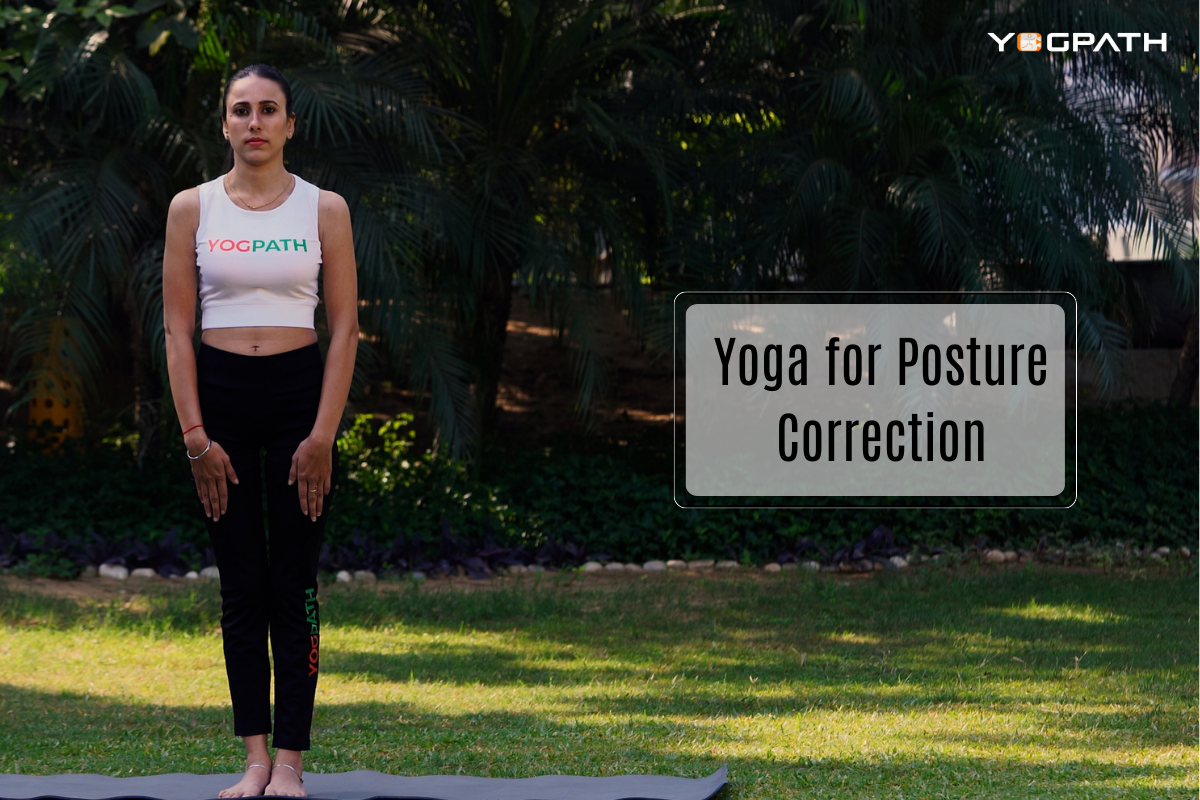
It is obvious that wellness is a widespread idea that is frequently brought up in discussions about health. Although wellness is a complex active process that ends in a more successful and satisfying life, health in itself is a state of wellbeing that integrates physical, mental, and social components. Wellness is an active process that leads to a more successful and meaningful life. Wellness, in relation to health, is the subject of discussion in this topic.
What does it mean to be well?
“An active process through which individuals become aware of, and make choices toward, a more prosperous living,” is what the National Institute of Wellness defines as “wellness.” By applying the following principles to this definition of wellbeing, one can have a greater grasp of the concept.
Wellness is not a passive state; rather, it is an active process that involves being conscious, being self-directed, and being an ongoing process. This process is aimed at individuals reaching their greatest potential.
The pursuit of wellness is aimed at producing a life that is constructive and uplifting. Wellness takes into consideration a number of different factors, including one’s way of life, their spiritual well-being, their mental well-being, and their surroundings.
The term “wellness” comes from the World Health Organization’s definition of “the ideal condition of health of people and groups.” According to the World Health Organization (WHO), the two primary goals of wellness are the realisation of an individual’s full potential on all fronts (physically, psychologically, socially, spiritually, and financially), as well as the fulfilment of that individual’s expectations within the context of their family, community, place of worship, workplace, and other social contexts.
Health Versus Wellness
Even though the terms health and wellbeing are sometimes used interchangeably, their roots couldn’t be more distinct from one another. “the condition of total physical, mental, and social well-being, and not only the absence of sickness or infirmity,” according to the World Health Organization’s (WHO) definition of health. This definition of health posits that health is more than just the absence of sickness; rather, it encompasses a broader spectrum of what it means to be healthy from a medical point of view.
In addition, health is determined by a number of factors, the most important of which are the social, physical, and economic contexts, as well as the qualities and actions of the individual. In order to maintain and improve one’s health, it is necessary to make a variety of the healthiest choices possible about one’s lifestyle. This is in addition to the prerequisites of the environmental elements that were discussed before, as well as the prerequisites of the care delivery systems. At this stage, we are starting to see how wellbeing and health are beginning to overlap with one another.
In 2008, the World Health Organization (WHO) identified a prevalent holistic concept of health as one that encompasses the absence of sickness in addition to a state of wellbeing. Before this, wellbeing was typically conceived of exclusively in terms of the absence of unfavourable aspects, such as diseases and illnesses. However, with the adoption of this new viewpoint, the concept of health now now takes into account the presence of favourable aspects. Therefore, in order to construct a comprehensive view of an individual, wellness requires taking into account a number of different characteristics.
To summarise, making differences between health and wellbeing may appear to be a difficult endeavour; nevertheless, in order to simplify the work, we observe that health is fundamentally a state of being, whereas wellness is a condition of actively living a lifestyle that actively contributes to attaining health.
Various Facets of Health and Wellness
Dimensions of wellness have been brought into the spotlight, and wellness is now being related to quality of life and life satisfaction as the understanding of wellness began to shift away from programmes and circumstances that help to alleviate illnesses or increase the likelihood of developing health risks. It is generally accepted that an increase in one aspect of a person’s wellbeing may go on to have a favourable impact on the individual as a whole. The following facets of wellbeing are included in the list:
Wellness in body and mind
This aspect of health focuses on the individual’s cardiovascular fitness, as well as their strength, flexibility, and other related factors. Routines of physical activity, dietary changes, and meticulous monitoring of health indicators, including stressors, are all examples of things that may be done to improve one’s physical health. It also covers actions that promote health and the avoidance of behaviours that are damaging to health.
Wellness in Emotional and Psychological Aspects
This is connected to a person’s mentality and their beliefs about themselves and life. When an individual has a favourable opinion of themselves, it has a good effect on their activities, relationships, and autonomy. On the other hand, when an individual does not have the impression that they are in command of their lives, tension ensues, which has a detrimental effect on their overall wellbeing.
Social Wellness
When assessing an individual’s level of social wellbeing, one must take into account how they interact with other people, the community, and even nature. In a report published by the World Health Organization, it was noted that “being involved in the society in which one lives is crucial to the material, psychological, and political empowerment that supports social welfare and equitable health.”
Intellectual/Cognitive Wellness
This aspect of wellness relates to the process of acquiring new information and engaging in intellectual pursuits. When one gains knowledge, that information may be passed on to others and put to use in enhancing one’s own potential, so fostering both personal development and the overall improvement of society. A healthy intellectual functioning contributes to an individual’s overall welfare through influencing behaviour, particularly with regard to the development of more beneficial alternatives to less-than-ideal patterns of caretaking for one’s health.
Spiritual Wellness
Finding one’s place in the world and one’s reason for being there is an ongoing process that helps to one’s overall wellbeing. This aspect of wellness can be achieved on an individual basis or within a community setting.
Occupational Health and Safety
This relates to one’s capacity to get personal fulfilment and contentment from one’s work, regardless of whether or not the work is remunerated. It involves the capacity of an individual to fulfil a variety of roles and the provision of talents to fulfil the requirements of a community.
Environmental Wellness
The dwellings of people, the communities in which they live, the places where they work, and nature itself are all components of the environment. The interaction of a human with the environment, both on a local and a global scale, is at the centre of the concept of environmental wellbeing.
Economic Wellness
This aids in the evaluation of public and institutional policies, helping to make those policies more responsive to disparities in the population, which can have an effect on the health of individuals.
Cultural Wellness
This aspect of wellbeing has an inherently personal bearing on it. This is because people who live in democratic and individualistic environments, where they have freedoms of choice and can meet their own individual needs, are seen to have higher levels of subjective wellbeing than people who live in societies that are authoritarian and collectivistic.
Climate Wellness
This is a relatively new component of overall wellbeing. It examines the relationship between alterations in the climate and the state of human health. It is a relatively young field of research that focuses on investigating the effects that alterations in climate and ecosystems have on persons’ states of health and well-being.
A holistic state of physical, mental, and social well-being can be attained by adhering to a wellness lifestyle that includes a number of practises that influence health on several fronts. Because of the constant role that these elements play in determining an individual’s overall state of health, it is essential that they be fully comprehended, and that appropriate action be taken to address them.











